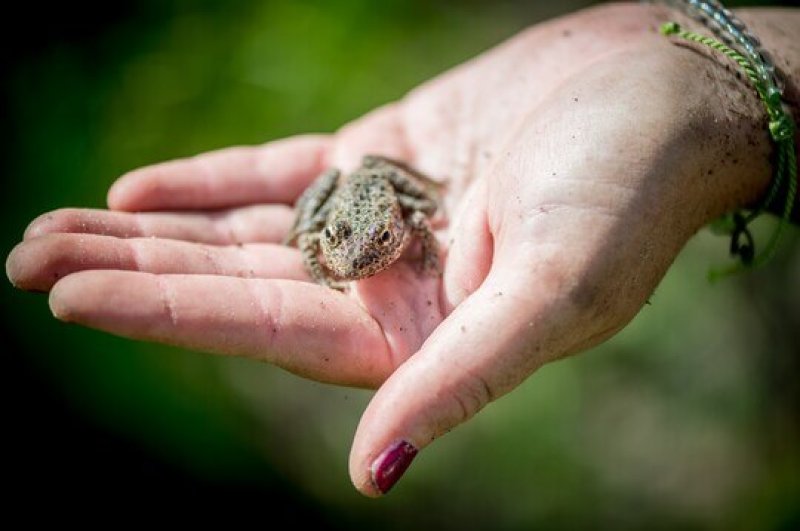The Environmental Protection Agency has finalized biological evaluations concluding that three common herbicides can adversely affect endangered species or their habitats.
The U.S. Fish and Wildlife Service and the National Marine Fisheries Service will use the EPA’s findings on glyphosate, atrazine and simazine to determine whether the weedkillers actually jeopardize the existence of any endangered species.
The biological opinions that those agencies issue could result in additional restrictions being placed on the herbicides.
EPA’s biological evaluations, or BEs, found that “all of these chemicals may affect, and are likely to adversely affect, certain listed species or their designated critical habitats,” EPA said in a press release. “These evaluations encompass all registered uses and approved product labels for pesticide products containing these three herbicides.”
The American Farm Bureau Federation and American Soybean Association criticized the EPA’s conclusions, saying the agency failed to use the best scientific and commercial data available as required by law.
For example, the groups say that the BE for glyphosate wrongly assumes that soybean growers use 3.75 pounds of glyphosate per acre for each application; research and USDA survey data show the actual rate is about one pound per acre, according to the groups.































